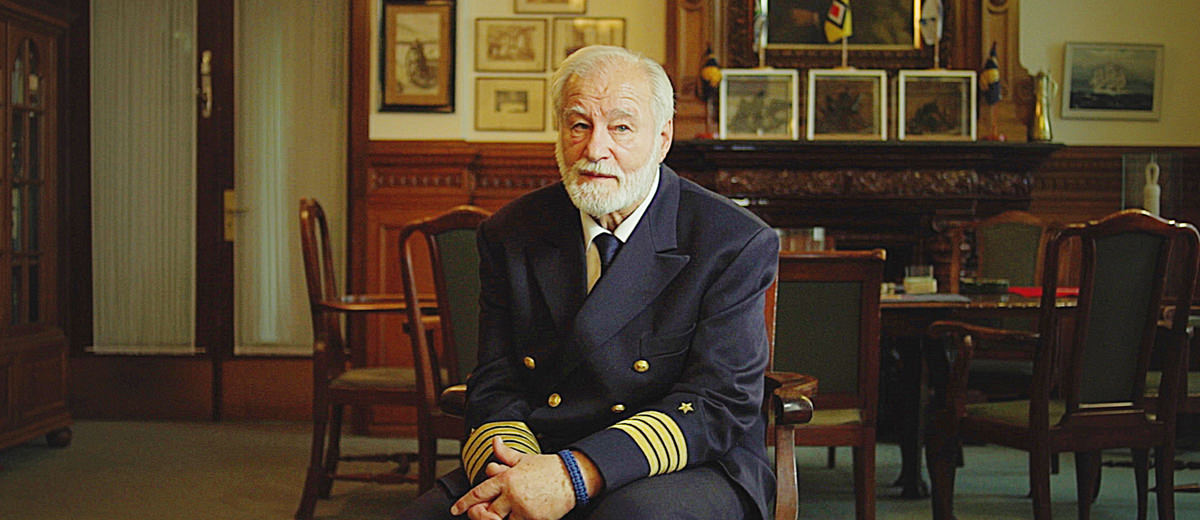A film about life on the bridge: “Kapitäne”
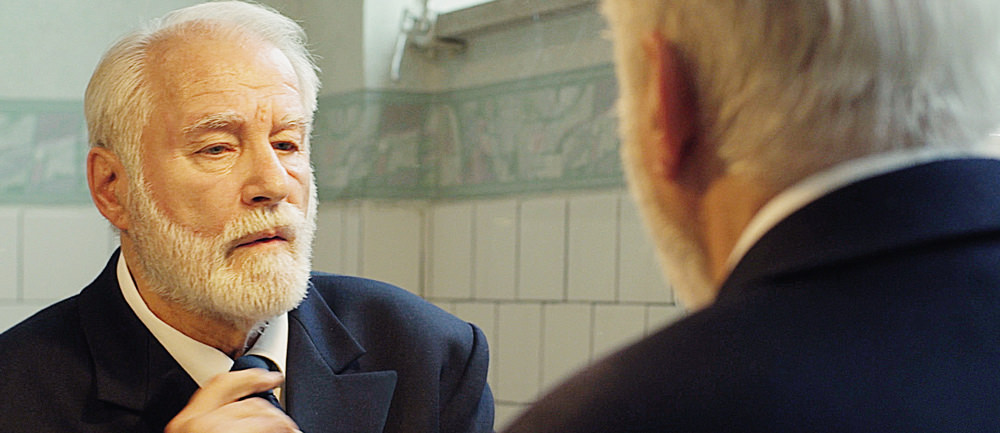
Iko Eiben is one of the five men portrayed by the Hamburg film directors Frank and Lennart Stolp in their film “Kapitäne” (Captains). For over three years, they accompanied and observed the captains, on shore and on board, at work and at home.
With a thoughtful and measured gaze that transcends all maritime clichés, the film reveals five people who are very different but nevertheless have much in common: Iko Eiben, who signed up on board at the age of 16 and now, even though he is retired, simply cannot live without the sea. Günther Rieck, a skipper who trained as a locksmith, helps out when his ship Sabine needs repairs. He never intended to take over his father’s barge and business, but now he can’t imagine a different life, moving between the port of Hamburg and the evenings after work with his family.
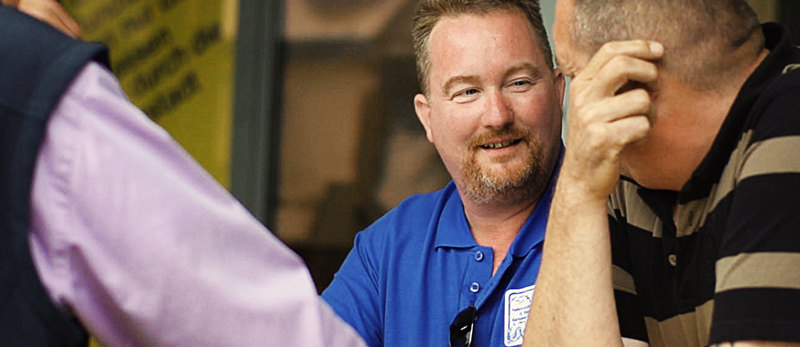
Günther Rieck
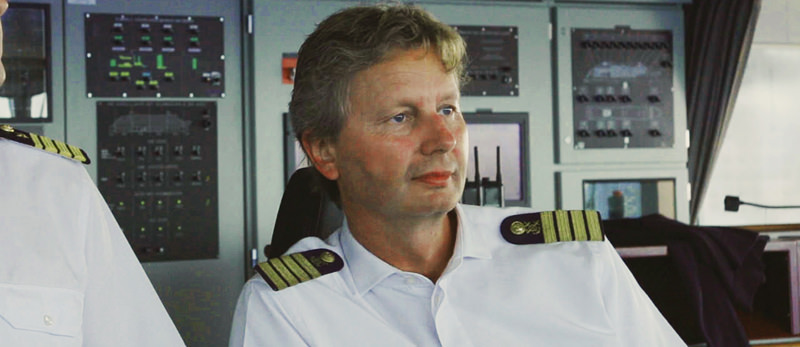
Ulf Wolter
Patrick Ehnert still has many years ahead of him. From an early age, it was his dream to become a captain and he achieved this goal aged only 27– a challenge both for himself and possibly also for others. He confidently steers the Halunder Jet between Hamburg and Helgoland. His ship, his universe: “We are our own world.”
And then there’s Ulf Wolter, the level-headed man who is the captain of the luxury cruise ship Europa 2. Born on the island of Krautsand in the Elbe River, he travels around the world and regularly comes home to Hamburg to his apartment in the part of town affectionately known as the “Captain’s District”. You have to grow into a new ship just like you to have to grow into a new relationship, he says. The film shows how he manages to stay true to himself: every time he passes Krautsand, he toots the ship’s horn three times.
“Kapitäne” takes viewers to places they don’t usually get to see, and shows things from perspectives that are mostly the sole prerogative of the captain. The film’s journey goes from Krautsand to Malaga, Rotterdam and Valencia all the way up to the Arctic Sea. The film team joins the captain on the bridge of his container ship on the high seas and sails with him into the port of Hamburg to take part in the Grand Hamburg Cruise Days Parade. We join the Halunder Jet as it goes into the floating dock, listen in on a chat among barge pilots, are invited up onto the bridge of the Europa 2. Again and again, we see Hamburg from many different angles. The city is not a backdrop – it is the place where the captains drop anchor, professionally and in their private lives.
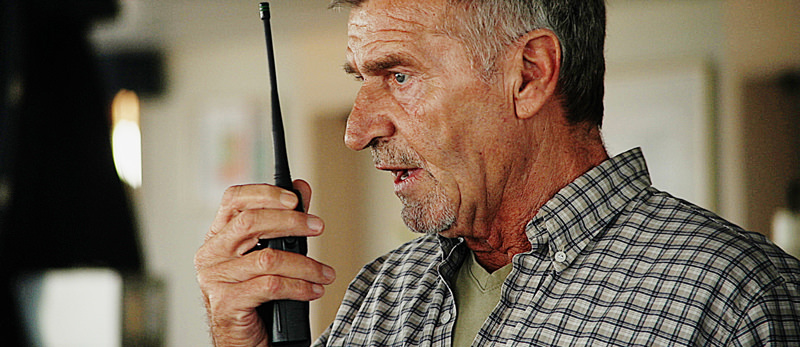
Rainer Stange
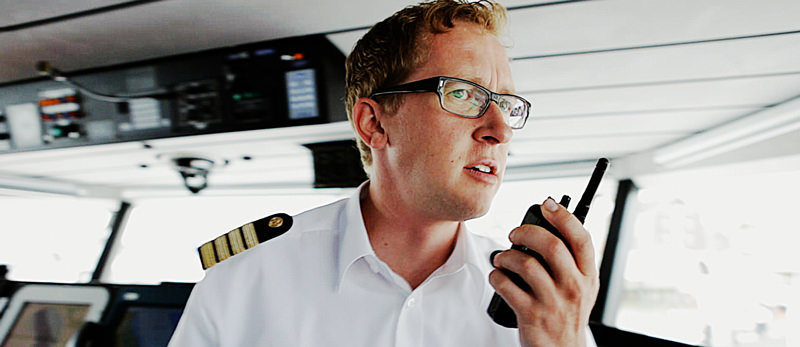
Patrick Ehnert
“I want to touch people emotionally with this film, want to show them something that will make them pause and think”, says director Frank Stolp. And that is exactly what he has achieved – not least because he leaves his five captains to do the talking, uncommented. The film directors observe, shadow, retain a respectful distance and at the same time build a sense of intimacy.
The end of the film almost feels like saying goodbye to friends, and not only because two of the people portrayed died during or shortly after filming was completed. What gives the film its true impact is that one feels honoured to have been allowed to participate in the lives of five great personalities – people who live what many consider a dream: to be a captain high up on the bridge.
